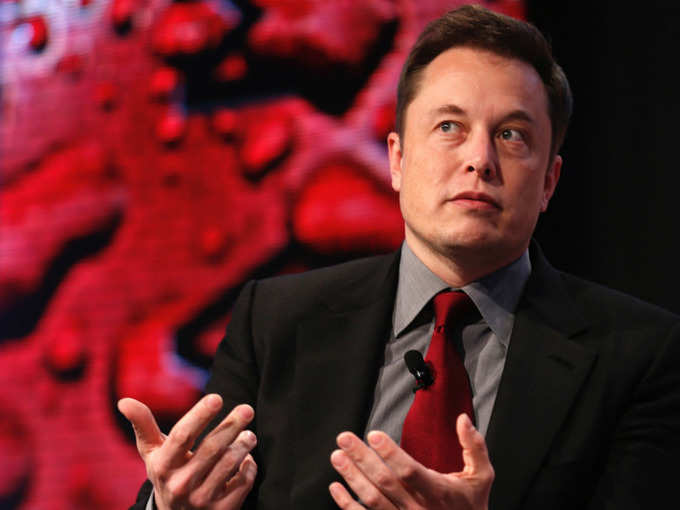 From self-driving vehicles and semi-self-sufficient robots to clever algorithms and prescient analytic tools, machines are progressively equipped for playing out an extensive variety of jobs that have for quite some time been human domains. It’s time we ask the greater question, "As
From self-driving vehicles and semi-self-sufficient robots to clever algorithms and prescient analytic tools, machines are progressively equipped for playing out an extensive variety of jobs that have for quite some time been human domains. It’s time we ask the greater question, "As Addressing issues at
Universal Basic Income
The basic economic rationale is that as industries from transportation to food generation turn out to be more automated, there will be less interest for work by and large, while automated systems make a predictable surplus of value. Without redistribution systems, that element would quickly accelerate income inequality, which can weaken both social and economic stability.
The idea of a universal income - an unrestrained government payment - has picked up traction as of late in the midst of developing worries about the impact that robots will have on business.
The uplifting news is that a standout amongst the most prominent innovators on the planet is at long last pushing this issue out into the spotlight, while numerous different CEOs keep on ignoring the human jobs crisis that automation debilitates to achieve.
How, precisely, Musk supposes we'll get to that universal income status is unclear, however in the event that we do arrive, he trusts it could open up another chapter in human life.
The debate over universal income is probably going to advance further as the world thinks about the likelihood of robots assuming control of jobs and as the world considers how it can haul individuals out of neediness while confronting an asset crunch.